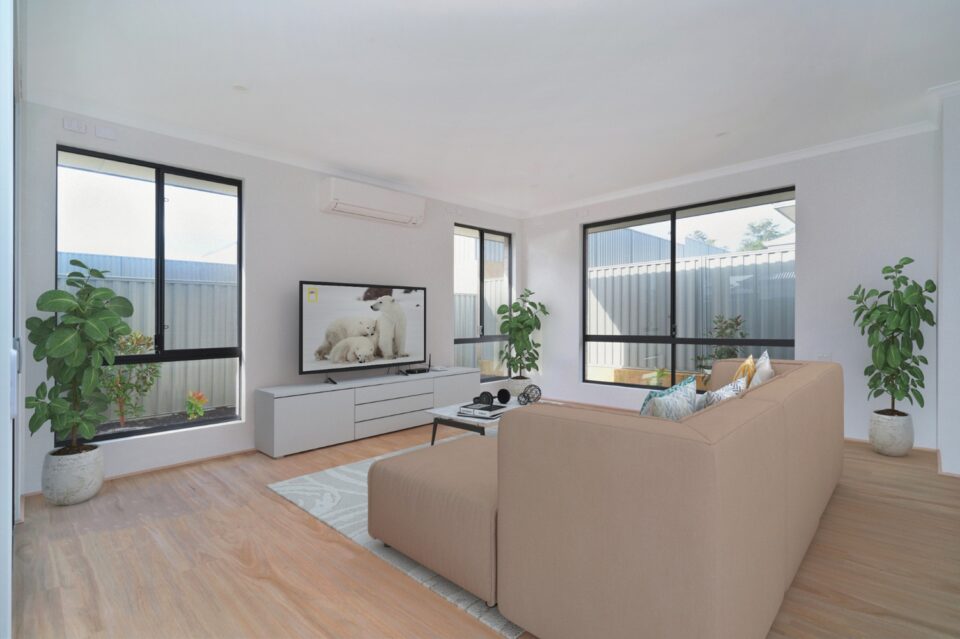As a registered Specialist Disability Accommodation (SDA) provider, we partner with participants, families, and support networks to deliver housing solutions tailored to individual needs. Our focus is on more than just bricks and mortar—we design spaces that foster community, accessibility, and long-term wellbeing.
Medium-Term Accommodation (MTA)
Medium-term accommodation offers a temporary housing option for individuals awaiting a long-term housing solution or confirmed disability-related supports. This type of accommodation provides a place to live for up to 90 days, bridging the gap until a permanent housing arrangement is secured
